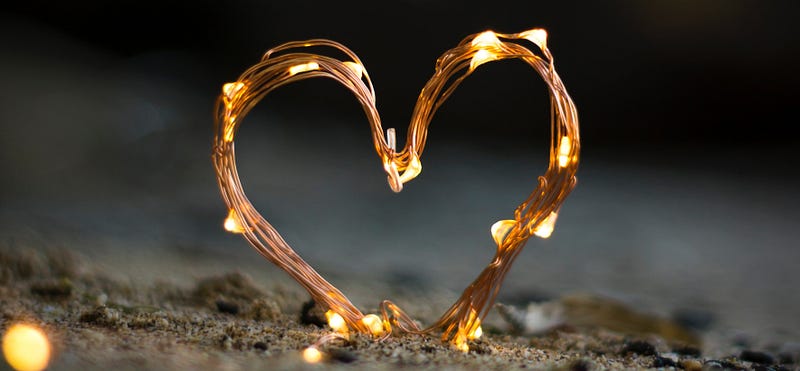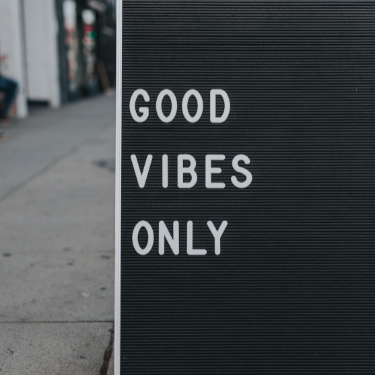Recognizing Toxic Relationships: 5 Key Indicators to Watch
Written on
Identifying Toxic Traits
While we all yearn for love and connection, some relationships can turn challenging. It's vital to recognize early warning signs and prioritize our well-being. Below are five indicators of toxic relationships, along with practical suggestions for addressing them. Remember, this advice is for general guidance; consult a professional for serious relationship issues.
1. Persistent Negativity
Toxic relationships often breed criticism and negativity. If your partner consistently makes you feel less than, it's crucial to address this behavior. Honest and open dialogue is key.
Your partner may frequently belittle your choices, undermine your self-worth, or make hurtful comments about your appearance or intellect.
Helpful Tip: Initiate a calm discussion about how their words and actions impact you. A caring partner will be willing to listen and adjust their behavior to foster a more supportive atmosphere.

2. Deficient Communication
Healthy relationships thrive on transparent communication. In contrast, toxic ones might involve avoiding crucial conversations, leading to misunderstandings and unresolved frustrations.
You may feel unable to express your important thoughts or aspirations.
Helpful Tip: Foster an inviting environment for open and respectful dialogue. Share your feelings and encourage your partner to reciprocate. Building trust through communication can smooth out relationship dynamics.
This video by Mel Robbins discusses "The 5 Signs Your Relationship Is Over," emphasizing the importance of recognizing when a relationship may no longer serve you.
3. Isolation from Friends and Family
Toxic partners often employ isolation as a means of control, discouraging or preventing you from maintaining connections with loved ones. This can create feelings of entrapment and emotional dependency.
They may criticize or instigate conflict when you try to see friends and family, leaving you feeling guilty for seeking support.
Helpful Tip: Maintain your relationships with loved ones. Confide in them about your situation and seek their support. They can be instrumental in helping you regain your independence.
4. Ongoing Power Struggles
A healthy relationship is built on compromise, equality, and mutual respect. In a toxic dynamic, power struggles can become commonplace, leading to emotional harm and trust issues.
Your partner might dictate your activities or make unilateral decisions.
Helpful Tip: Set clear boundaries and express your needs while also listening to your partner's. If power struggles continue, consider enlisting a therapist to help mediate and establish common ground.

5. Feeling Exhausted and Unhappy
Ultimately, a toxic relationship should not leave you feeling emotionally drained or distressed. Healthy partnerships should enrich your life rather than deplete it.
You might constantly feel anxious, walk on eggshells to avoid conflict, or even suffer physical symptoms like headaches due to stress.
Helpful Tip: Prioritize your happiness and well-being. Consider seeking professional help to navigate your emotions and gain clarity. It's essential to make informed decisions regarding the future of the relationship, which may involve seeking assistance or ending it to safeguard your mental health.
Remember, you deserve a relationship that nurtures you, not one that drains you.
This second video explores "10 Signs YOUR Relationship is Toxic," providing insights into recognizing unhealthy dynamics and taking action.

You’re Not Losing Your Mind, You’re Just Anxious: It Can Be Managed
Remember, you are not alone in this journey, and brighter days are possible. Your mental health should always be your top priority.